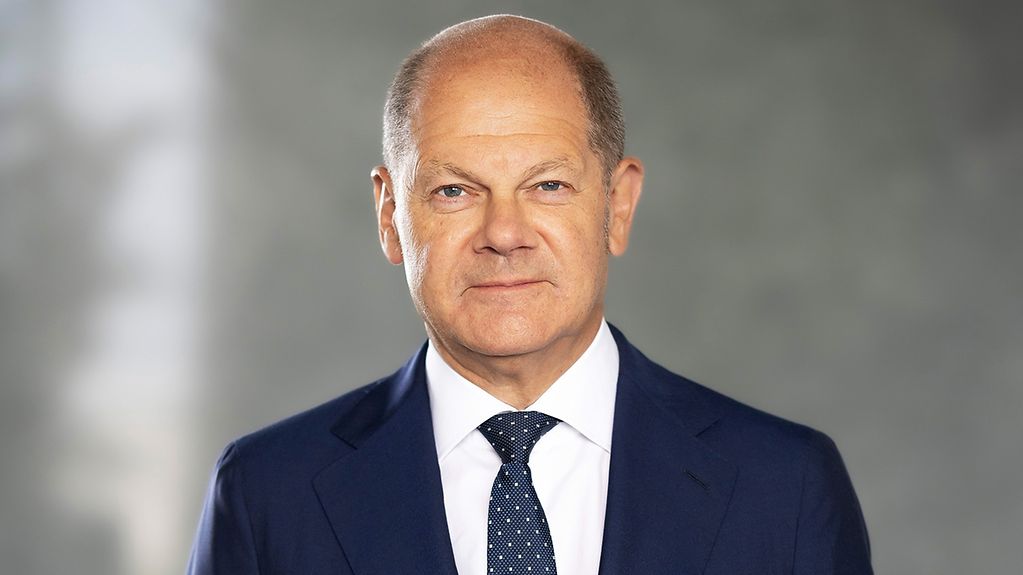On Friday, German Chancellor Olaf Scholz travelled to China, making him the first G7 Leader to do so in about three years. As per CNN, he was scheduled to meet with Premier Li Keqiang and Chinese President Xi Jinping in Beijing during a brief one-day visit.
The visit coincides with a global shortage of semiconductors caused by the US’s embargo on selling sophisticated computer chips to China, which has intensified efforts to rein in China’s technological and military aspirations. The actions are intended to stop China from receiving essential technology that may be used in various industries, such as sophisticated computing and weapons production.
Scholz is in China with a delegation of senior executives, suggesting that trade with the second-largest economy worldwide must continue. The trip, the first by a G7 head of state to China in about three years, comes as Germany is on the verge of recession. However, it has sparked worries that Beijing’s economic interests are still too closely entwined with those of Europe’s largest economy.
According to a person with knowledge of the situation, Scholz was joined by a group of 12 German business titans, including the CEOs of Volkswagen (VLKAF), Deutsche Bank (DB), Siemens (SIEGY), and chemicals giant BASF (BASFY). As reported by CNN, they will meet with Chinese businesses in private.
The coalition administration of Scholz is concerned about the nation’s expanding connections with China. A recent heated argument over a Cosco offer to acquire a 35% stake in the manager of one of the four terminals at the port of Hamburg by the Chinese state shipping behemoth showed the tension.
Germany is concerned about the possible transaction because it may disproportionately expose crucial infrastructure to political pressure from Beijing and favour Chinese businesses.
In addition, while Western nations have sanctioned Russia economically, China has openly maintained its “neutrality” in the conflict while ceasing its commerce with Moscow.



